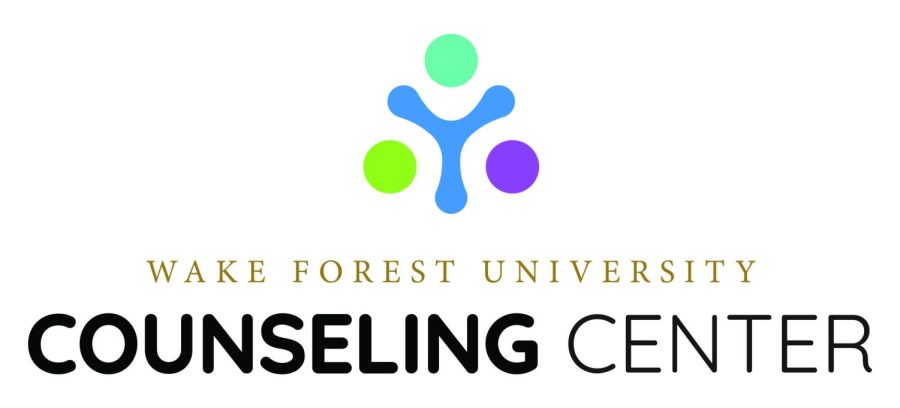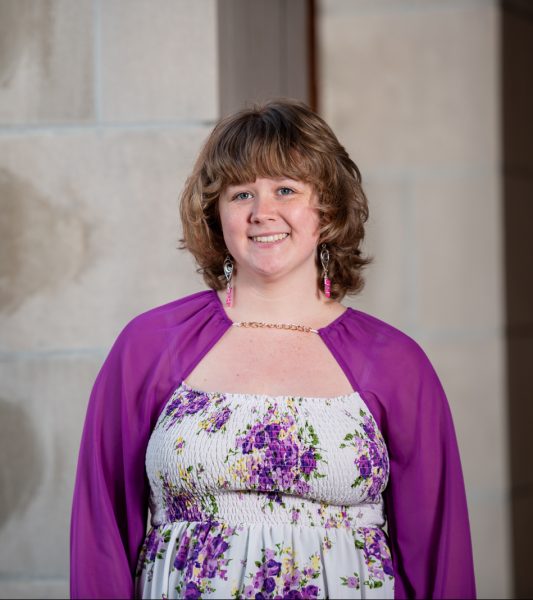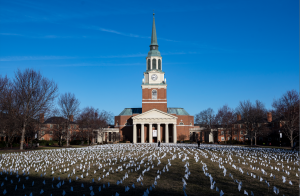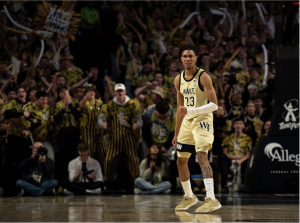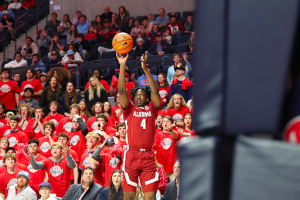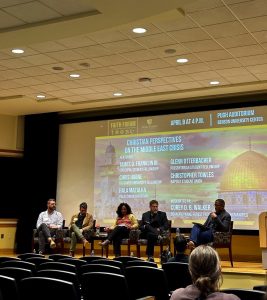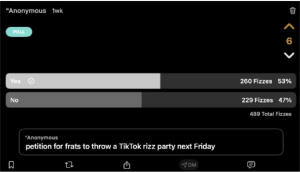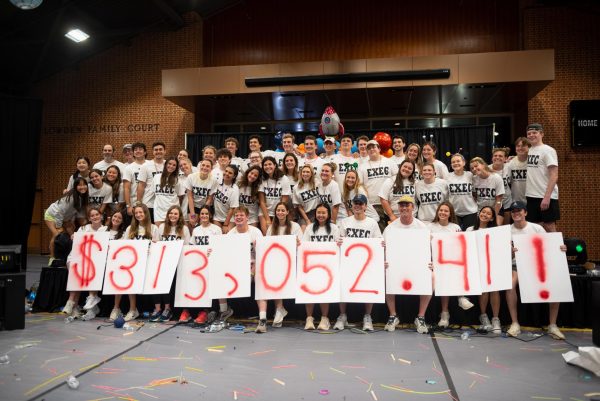UCC ends partnership with telehealth service TimelyCare
UCC will reallocate funds to create three new roles and strengthen in-person care
Courtesy of the University Counseling Center
The University Counseling Center will reallocate funds to strengthen in-person service.
June 30, 2023
After discontinuing its partnership with online therapy service TimelyCare, the University Counseling Center is reallocating funds to hire in-person providers for the fall semester.
Daniel Paredes, assistant director of the UCC, sent an email to student TimelyCare users last Tuesday announcing the conclusion of the center’s partnership with the virtual mental health service.
The email explained that a lack of students using the program prompted this decision. A new page on the UCC’s website goes into more detail, citing the data from their client satisfaction survey last year. According to this data, 87% of respondents reported having not used TimelyCare.
The survey results also revealed that students held a significant preference for in-person counseling services over teletherapy services, leading the UCC to focus its resources toward additional in-person services and staff.
Three new roles will be added to the UCC in time for the Fall 2023 semester: a behavioral health specialist, a third doctoral intern and a permanent graduate student worker tasked with overseeing the Mental Health Ambassadors group. The graduate student will also advertise and market UCC services to students.
There is a generally high awareness of the UCC’s presence on campus — 79% of respondents to the Campus Climate Survey in Spring 2022 reported knowing about it. However, this same survey showed that Hispanic/Latina and Black women were less likely to be aware of campus resources.
Director of the UCC Dr. Denisha Champion said that the center is thinking about these groups as they move forward.
Champion, formerly the assistant director for community engagement at the UCC, told the Old Gold & Black that the description for this role was updated after she left the role to become director.
The updated section reads: “[The assistant director for community engagement will be] responsible for overseeing the UCC’s activities related to…care coordination services supporting vulnerable student populations with a particular focus on students from under-resourced populations.”
“In short, we are specifically codifying engagement and outreach to the students with the highest vulnerability and lowest awareness of UCC services,” Champion said. “Our approach involves creating additional capacity within the UCC to focus on targeted support for marginalized students for one of the positions we are interviewing for in two weeks.”
The center will also fill previously vacant positions: a training director and two general counselors.
An additional initiative will be rolling out this fall, according to Student Body President Jackson Buttler — the We are Wake initiative. This will be a program designed to build student understanding of well-being and mental health care on campus.
Buttler assures students that the reallocation of funds away from the TimelyCare program will be beneficial for the university.
“I have been working closely with UCC staff…on ensuring these resources are reallocated equitably and in a way that most benefits Wake Forest students,” he said. “I have no doubt that this decision will benefit us as students more than an extension of the TimelyCare contract.”
He continued: “I can not emphasize this enough: we are not getting [fewer] resources. The UCC is reallocating funds toward areas where it can most benefit our student body.”
The decision for the university to partner with TimelyCare in the spring of 2022 followed the loss of five full-time clinical staff members. According to Champion, three of those positions have been filled, and they will be interviewing candidates for the remaining two positions this month.
“The University Counseling Center (UCC) puts the mental health of our students at the forefront of our practice,” Champion said. “While students were not consulted in the final decision to phase out this resource (TimelyCare), they were definitely the most important factor.”
Access to TimelyCare will officially end July 31. For more details about the transition out of TimelyCare services, you can visit the TimelyCare transition page on the UCC’s webpage.
Students interested in counseling support can call the counseling center at (336) 758-5273. For life-threatening emergencies, call 911. You can also call 988 for the National Suicide and Crisis Lifeline.


